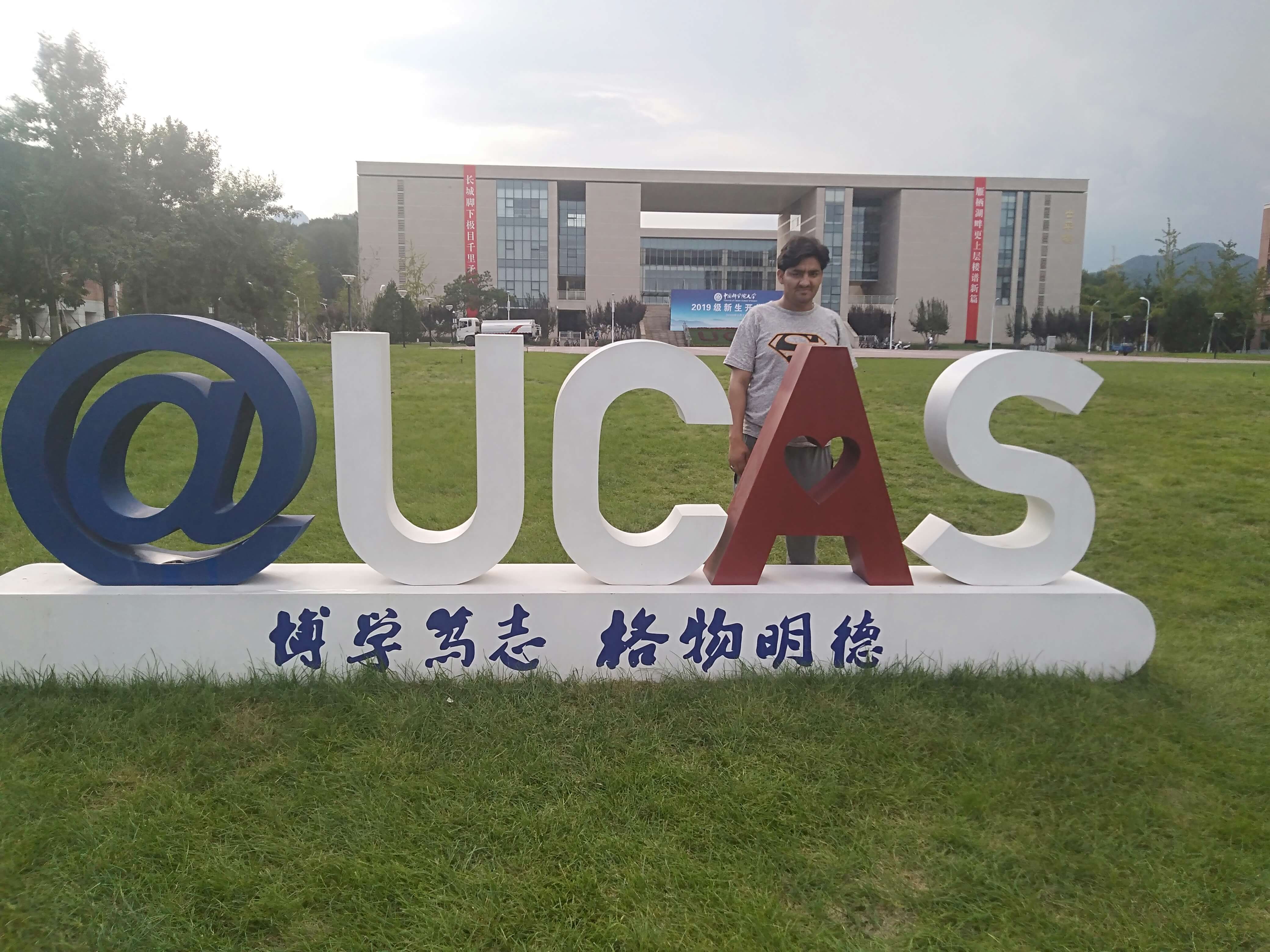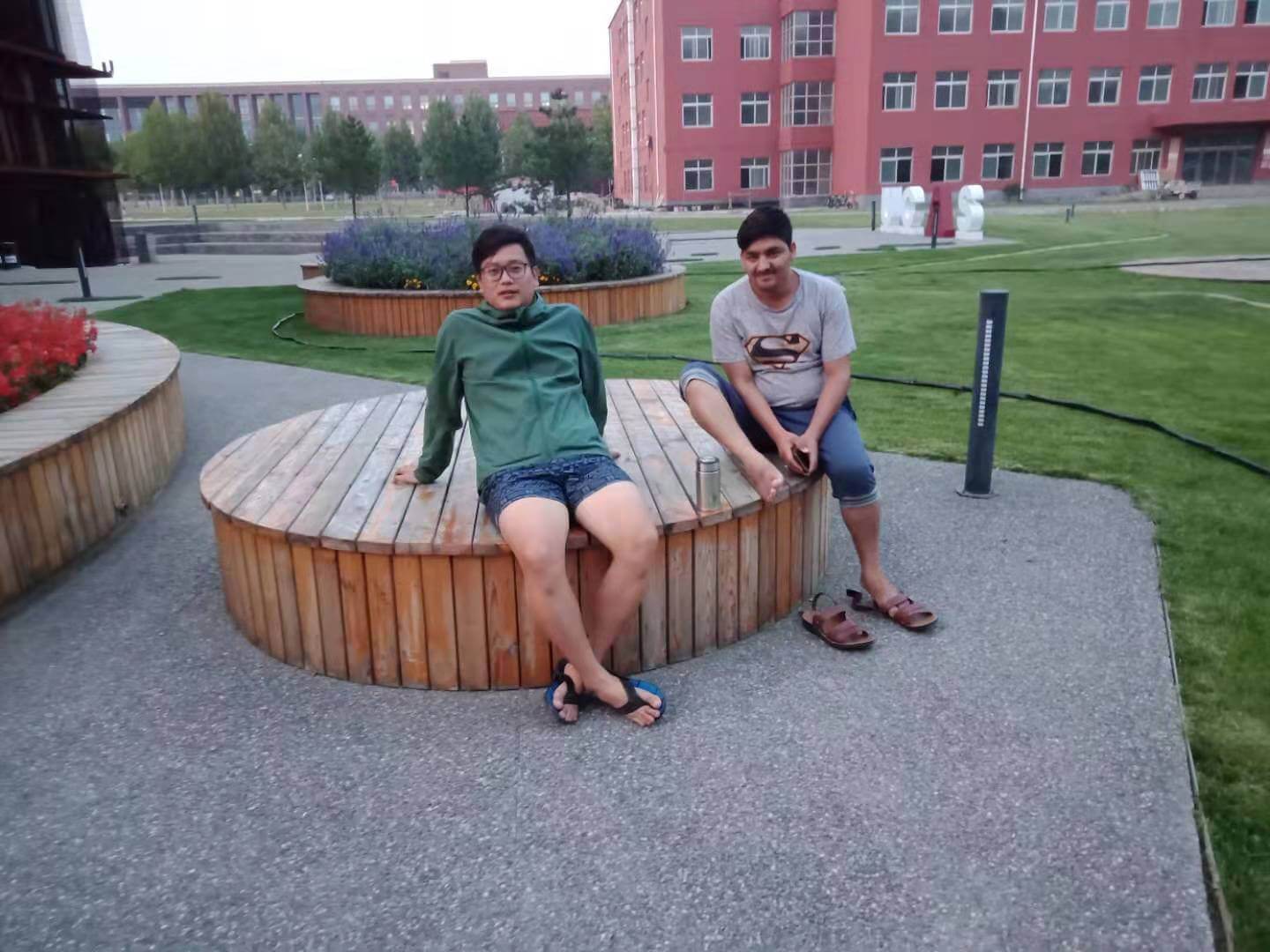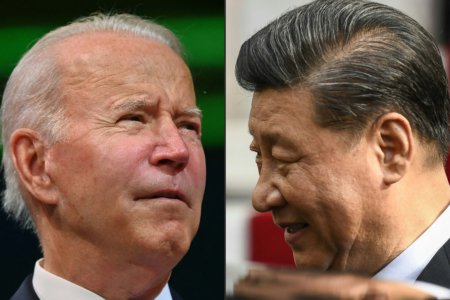
Abid Hussain from Pakistan used to be passionate about his course and research at the University of Chinese Academy of Sciences — that is, until China’s shut borders turned his life for the worse.
“I chose to study abroad in China because of how developed the country is with amazing resources in science and technology,” he told Study International. “There are so many facilities for lab work and this makes it easier for students like me to do research.”
These days, however, he’s stranded in Pakistan with no access to labs to resume his master’s programme. We caught up with him to learn more about how he’s coping and why he’s determined to still have hope for China’s shut borders.

For Abid Hussain from Pakistan, despite the lack of clarity, he’s determined to resume his master’s programme at the University of Chinese Academy of Sciences. Source: Abid Hussain
For Abid Hussain from Pakistan, despite the lack of clarity, he’s determined to resume his master’s programme at the University of Chinese Academy of Sciences. Below, we ask him a few questions on his choice to study abroad in China and his experience so far:
Walk us through your course interest and what made you choose to study abroad in China.
I have so much interest in my course because of the research I have to do on carbon material and its application. I chose to study abroad in China because of how developed the country is with amazing resources in science and technology.
There are so many facilities for lab work and this makes it easier for students like me to do research.

“I’m just upset at the fact that I can’t return to study abroad in China and because of this, my research work isn’t complete yet,” he says. Source: Abid Hussain
What about the obstacles you face with your choice to study abroad in China?
I’m just upset at the fact that I can’t return to China and because of this, my research work isn’t complete yet.
What backup plan do you have?
I plan to complete my master’s regardless of the situation and apply for a PhD in China as well as other countries.
What’s your advice for other stranded students dealing with China’s shut borders?
If you choose to study in China, I believe it’s one of the best countries to do so in terms of educational quality. However, with COVID-19 lingering, it’s a tough situation.










